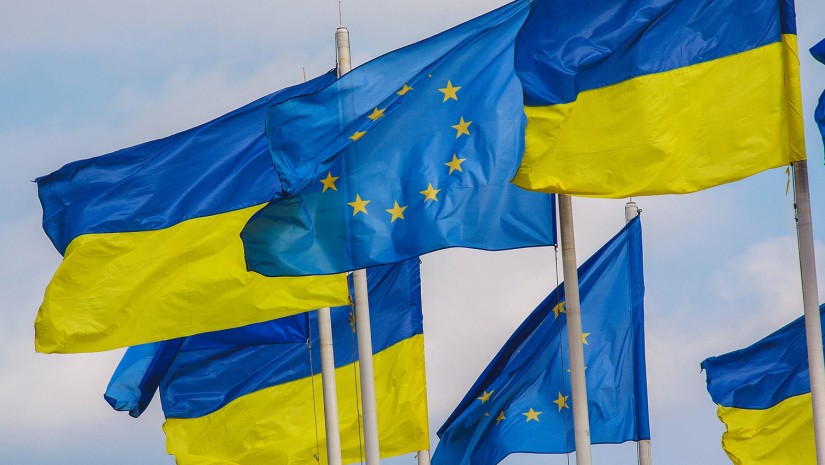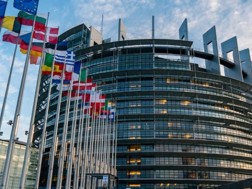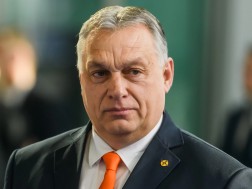Disputes in the European Union over the budget put at risk the provision of EUR 50 billion to Ukraine under a four-year aid program to be decided at a summit on 14-15 December.
According to the Financial Times, anonymous European officials said that EU member states are far from agreeing to replenish the common budget, including funds for Ukraine.
EU efforts to reach a compromise have been hampered by the victory of the far-right, led by Geert Wilders, in the Dutch elections last month and a recent German court ruling limiting government borrowing.
One senior official said it would be "very, very difficult" to conclude a budget agreement.
"It is crucial that the continued support for Ukraine remains and that we Europeans play our role," Belgian Prime Minister Alexander De Croo told the Financial Times.
Ukraine has warned that the uncertainty regarding support packages from the US and Europe endangers the "macro-financial stability" of the country. The EUR 50 billion proposed by the EU will maintain Kyiv's solvency until 2027.
"It is a moment of truth. If you say you stand by Ukraine, you must step up to the plate," said one of the publication's sources.
The publication calls the EU's funding of Ukraine a "political football" in the context of the broader debate on the EU's budget priorities due to the commission's decision to combine Kyiv's support in the proposal along with other requests for funding to replenish the budget in 2021-2027.
The EUR 50 billion for Ukraine, consisting of EUR 17 billion in grants and EUR 33 billion in loans, was combined with requests for EUR 15 billion in migration funds, EUR 10 billion in "strategic technologies" investments, and nearly EUR 19 billion in disbursements of interest on joint EU borrowings.
At the last summit of EU leaders in October, German Chancellor Olaf Scholz dismissed the Commission's calculations as "a comic," according to multiple people briefed on the closed-door debate.
Officials said EU budget negotiations were always going to be difficult, but a compromise was still possible. A revised package is expected to be proposed before the summit.
"I think the doom and gloom around this issue is vastly exaggerated. We are not going to allow Ukraine to experience a sovereign default," said one of the EU officials.
Earlier, Johannes Hahn, European Commissioner for Budget and Administration, said that the approval of the multi-year support package for Ukraine of EUR 50 billion can only take place within the framework of the review of the entire medium-term budget of the EU.
In June, the European Commission asked to approve EUR 66 billion in additional spending to cover unforeseen costs, arguing that the budget had been depleted by numerous crises, from the COVID-19 pandemic to Russia's full-scale invasion of Ukraine.
EU member states, however, want to reduce this amount by at least 20%, indicating that the main burden of increased spending will fall on specific contributor countries (those who pay more into the EU budget than they receive from it).
















